|
New
Releases |
January 16, 2026

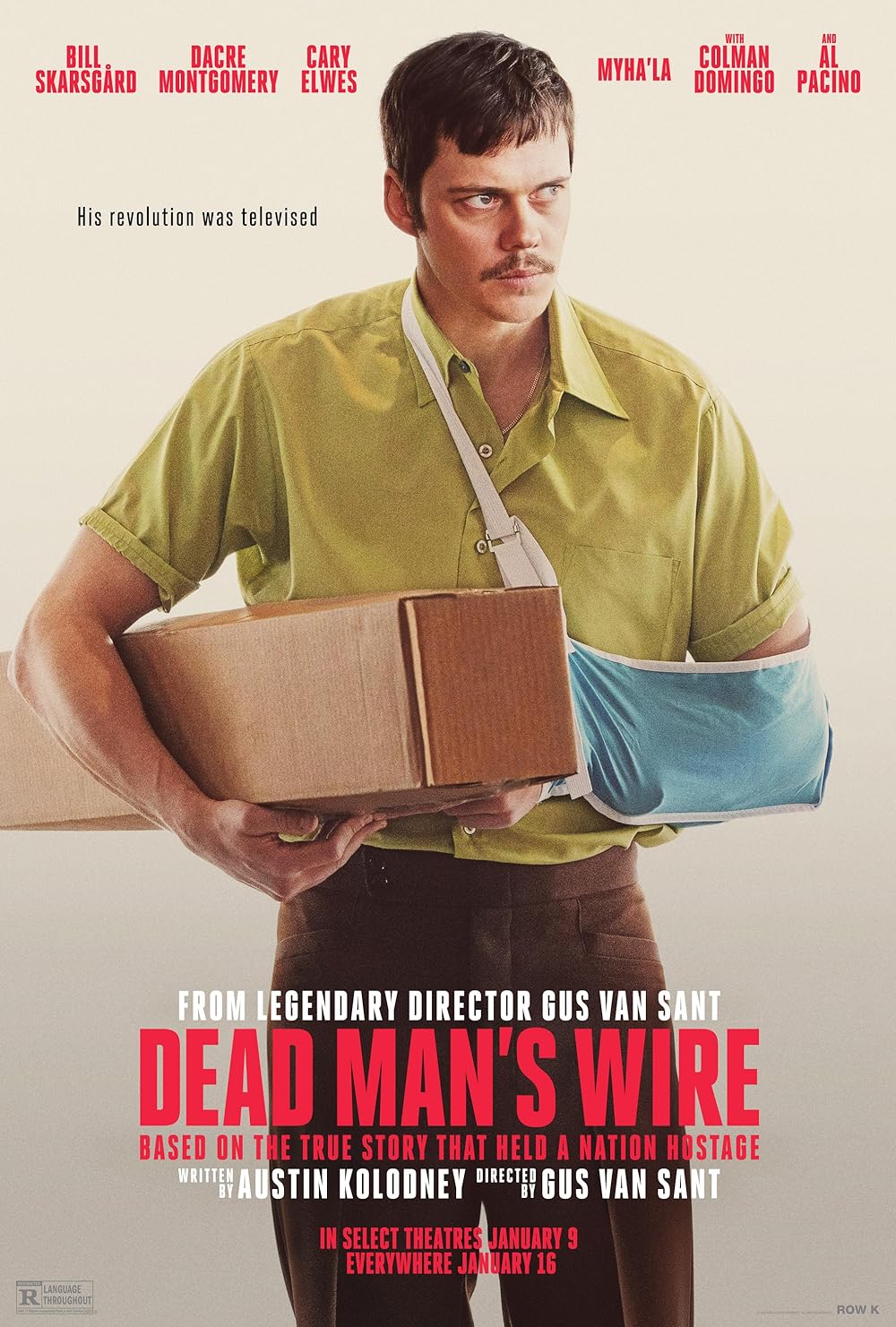

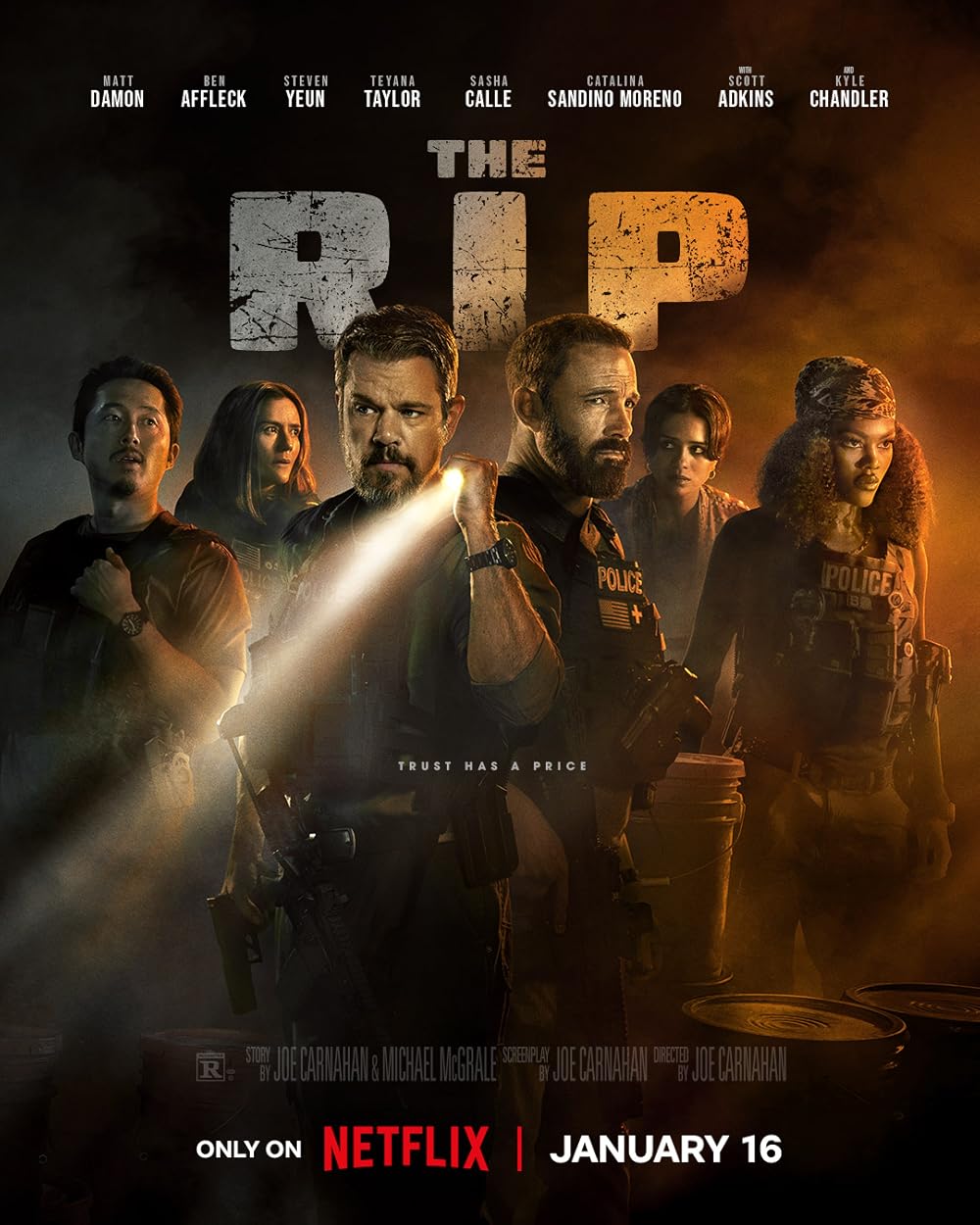 |
January 9, 2026
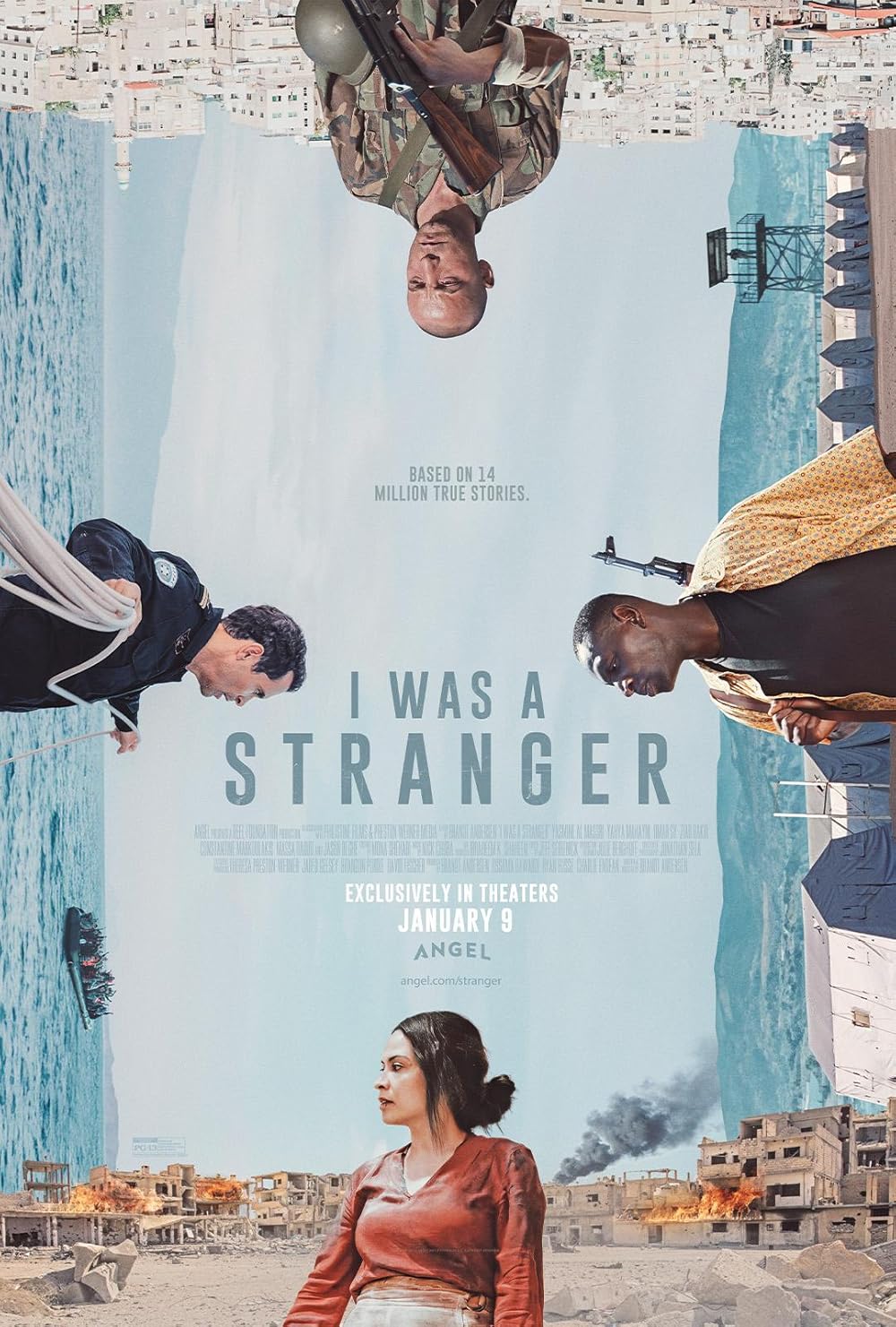
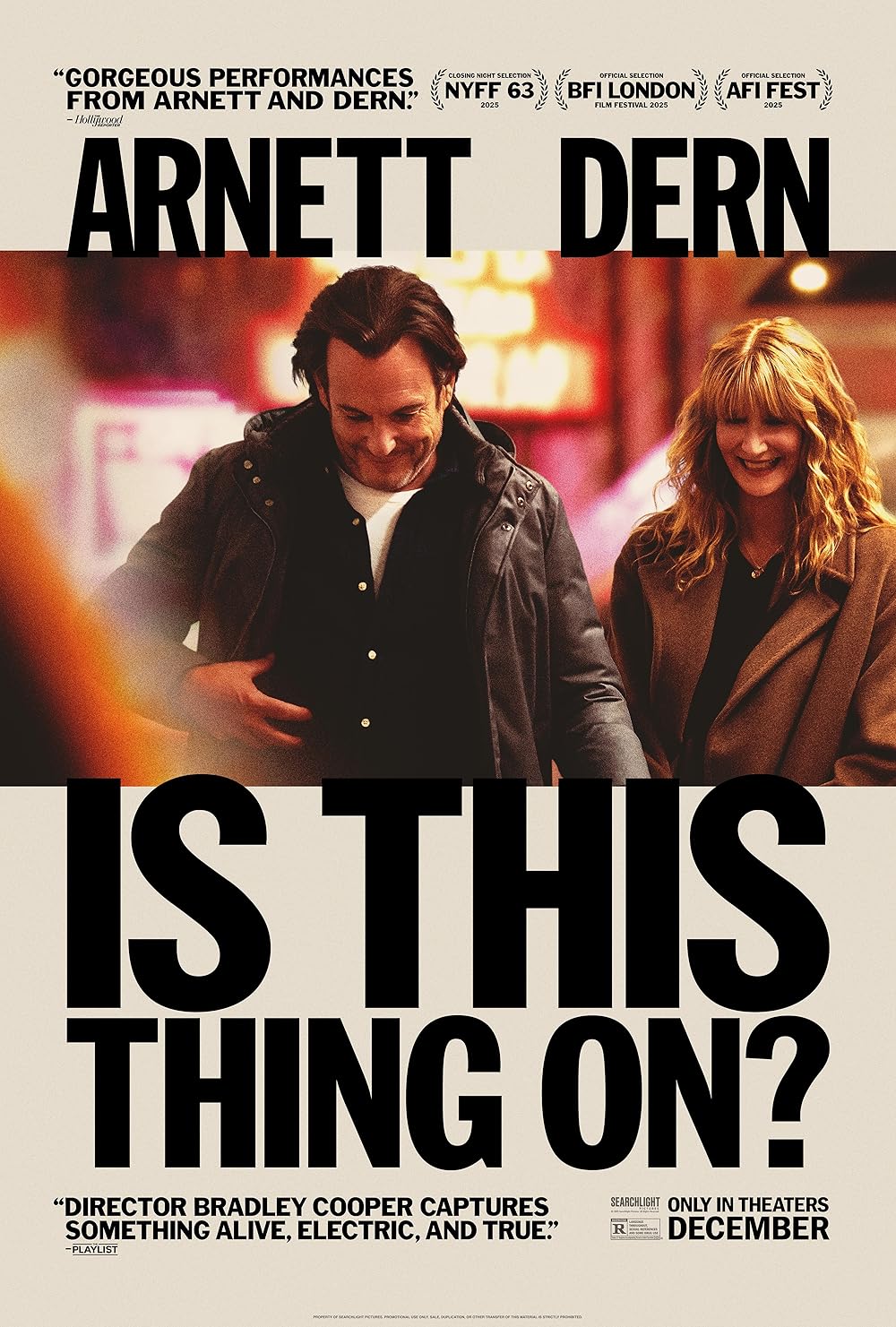 |
January 2, 2026

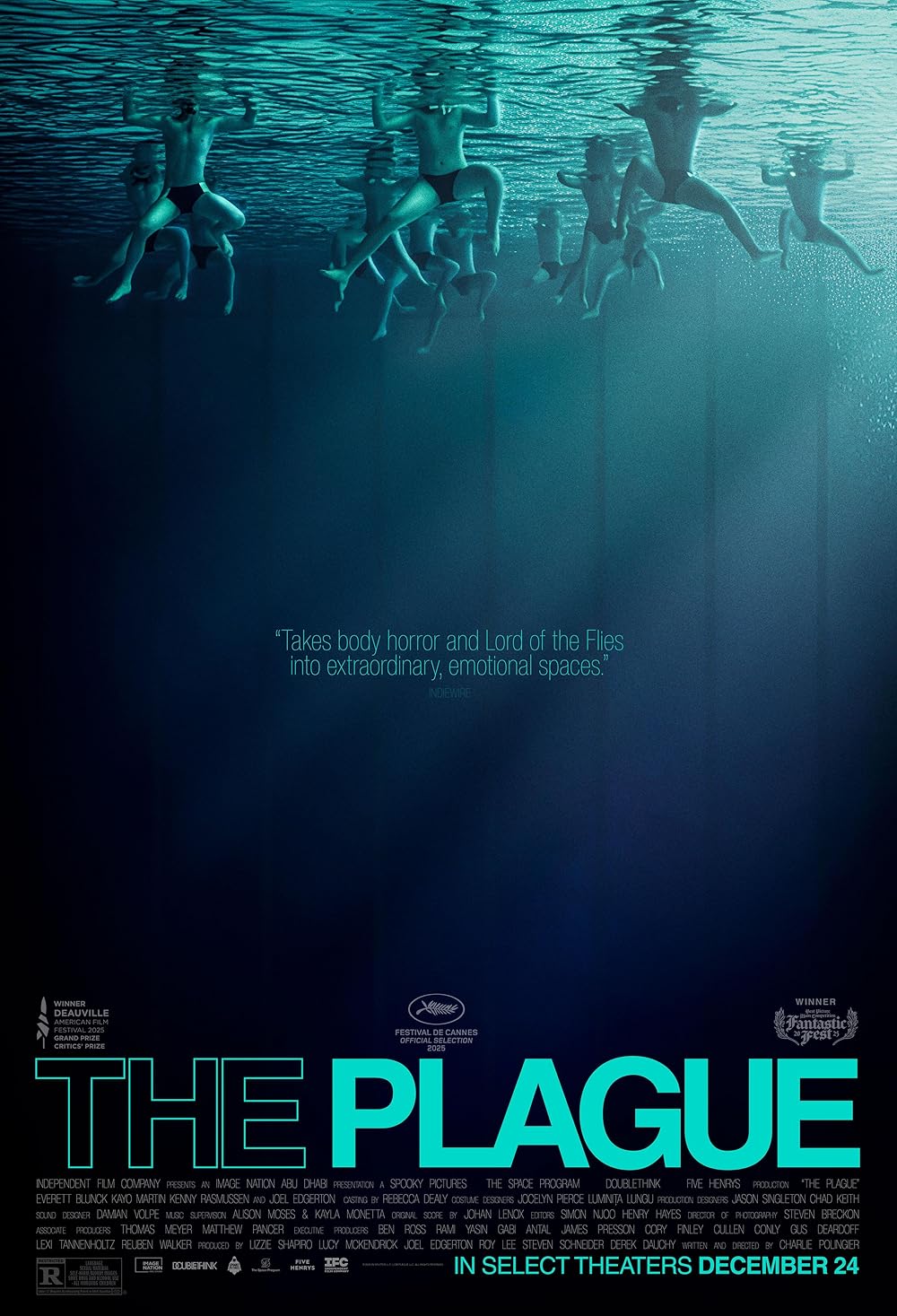
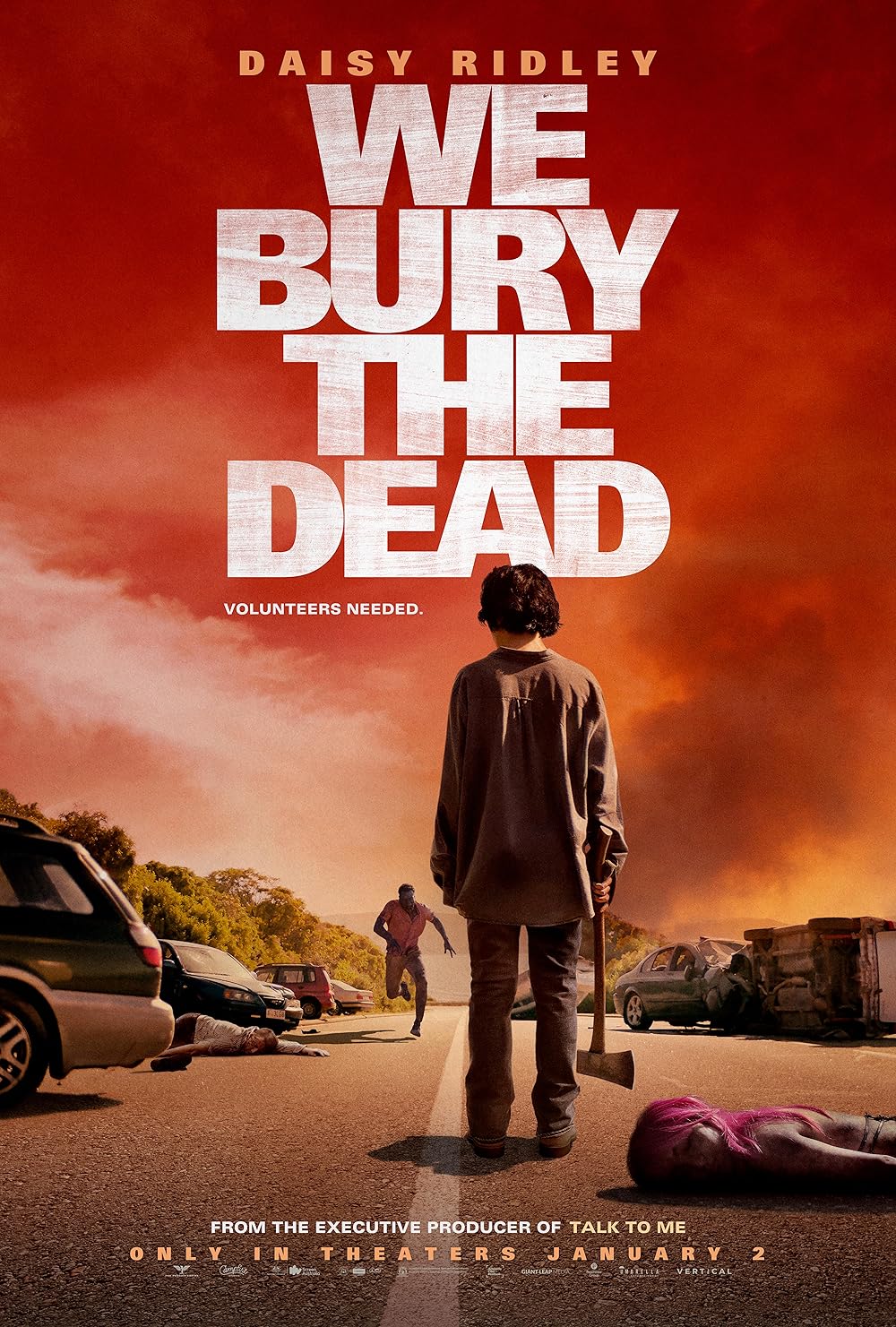 |
December 26, 2025

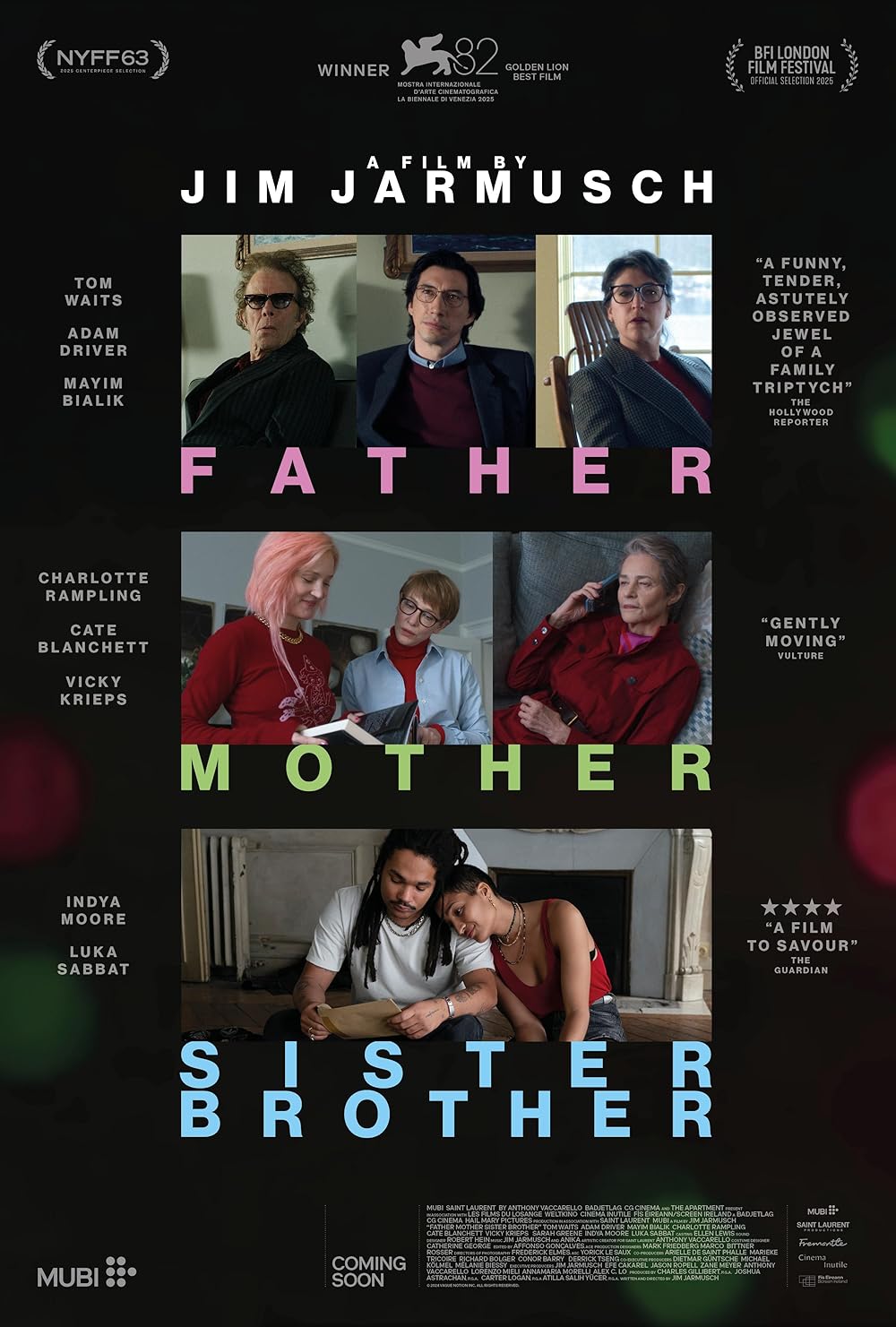
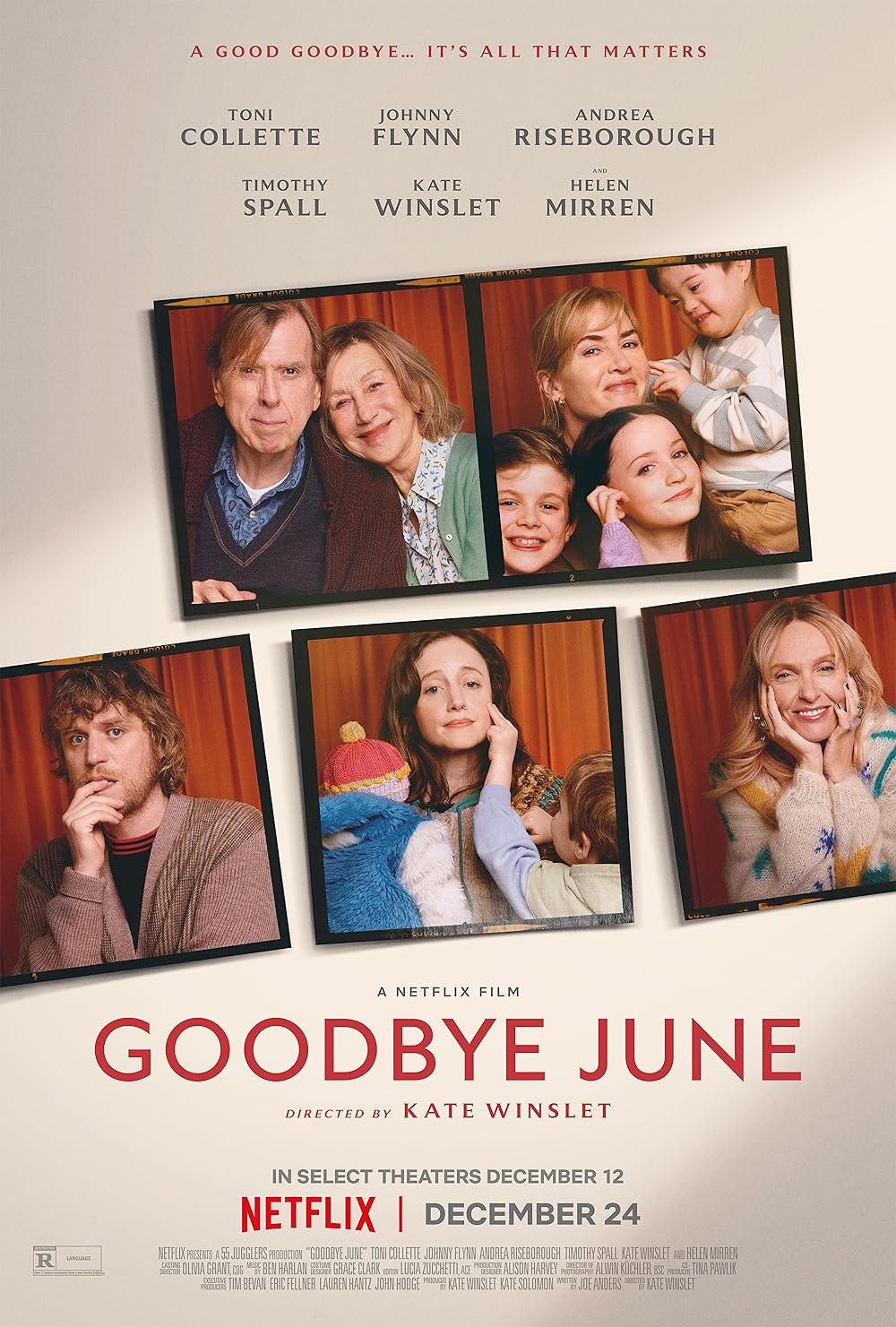


 |
December 19, 2025


 |
December 12, 2025
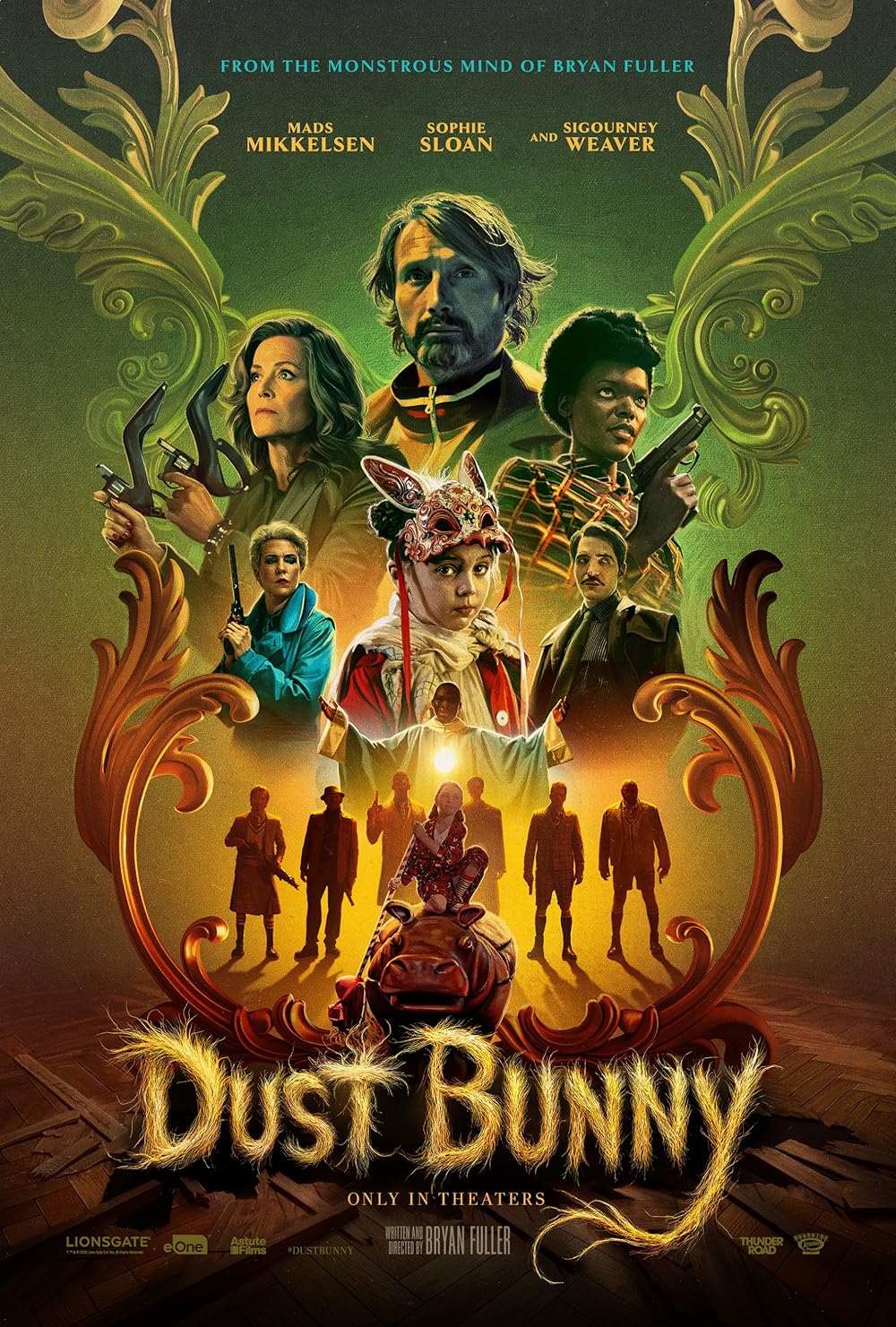

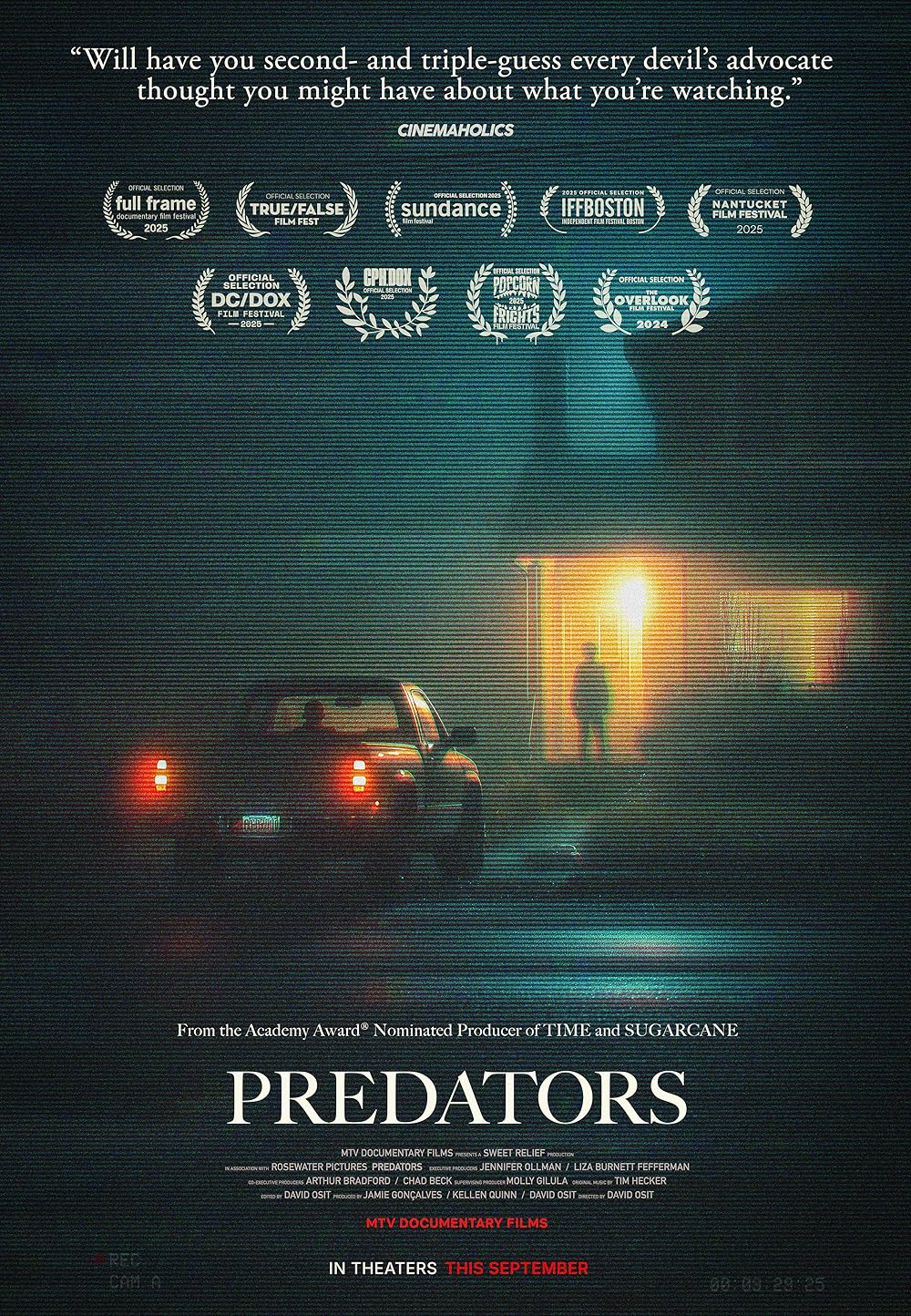
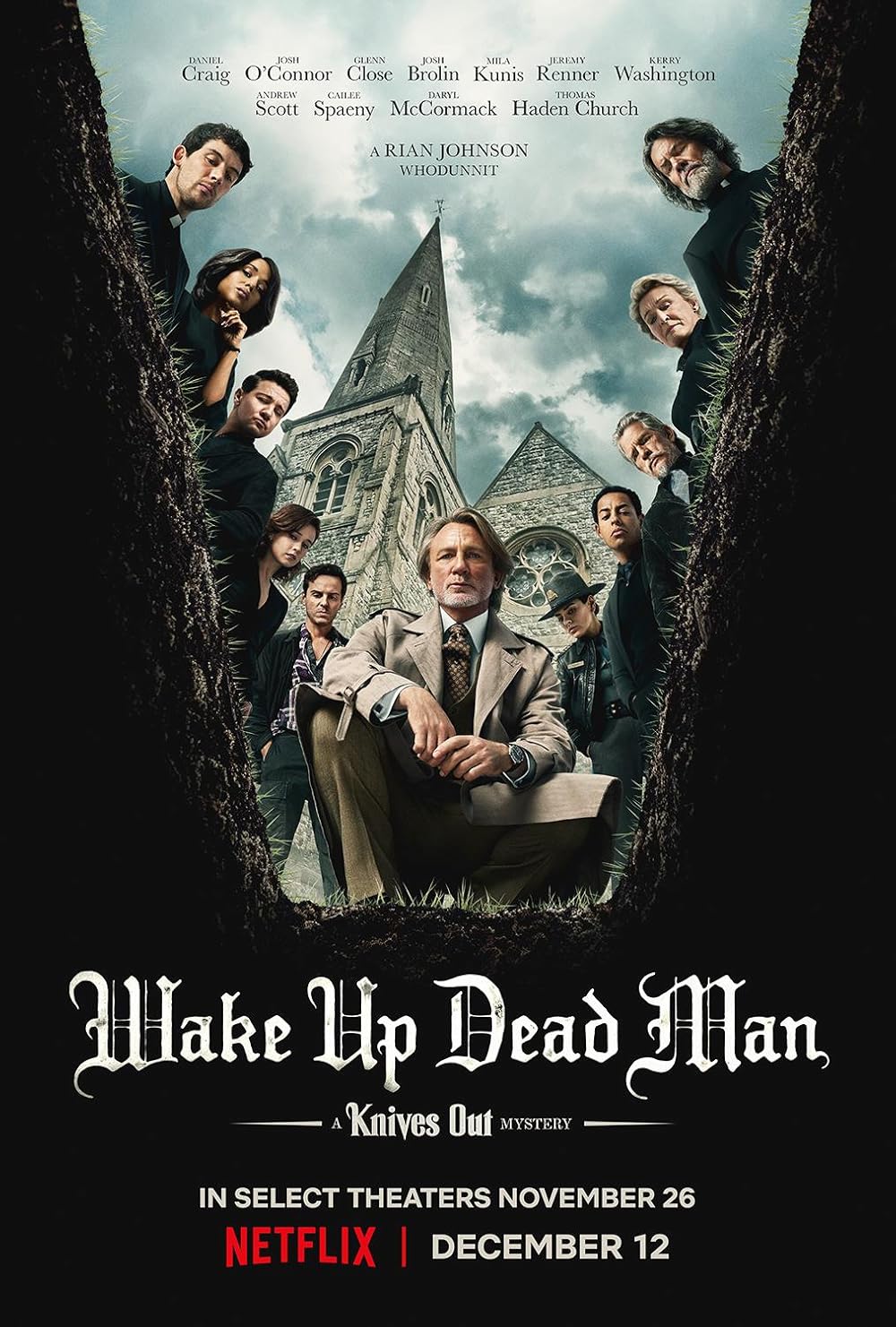 |
December 5, 2025


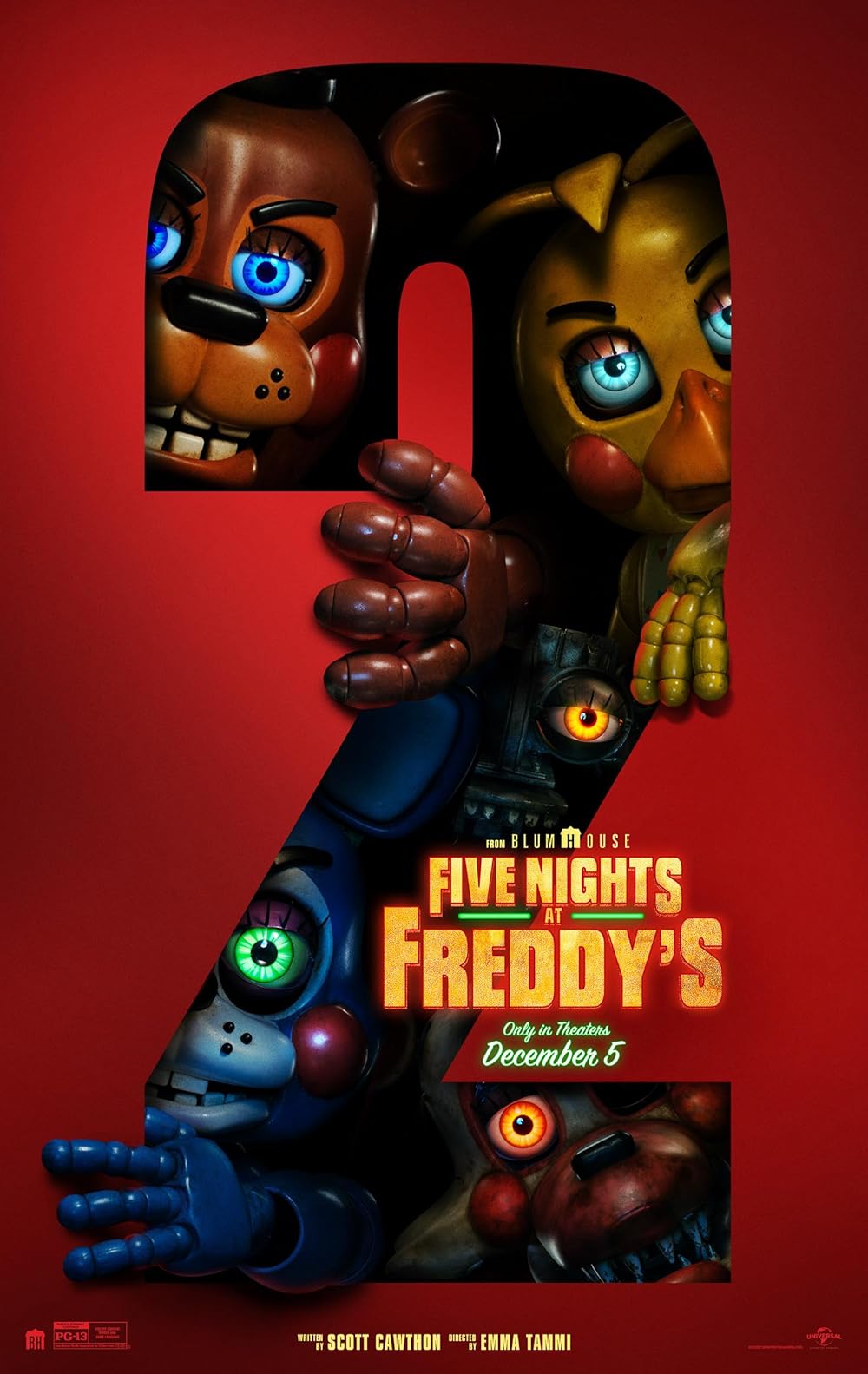



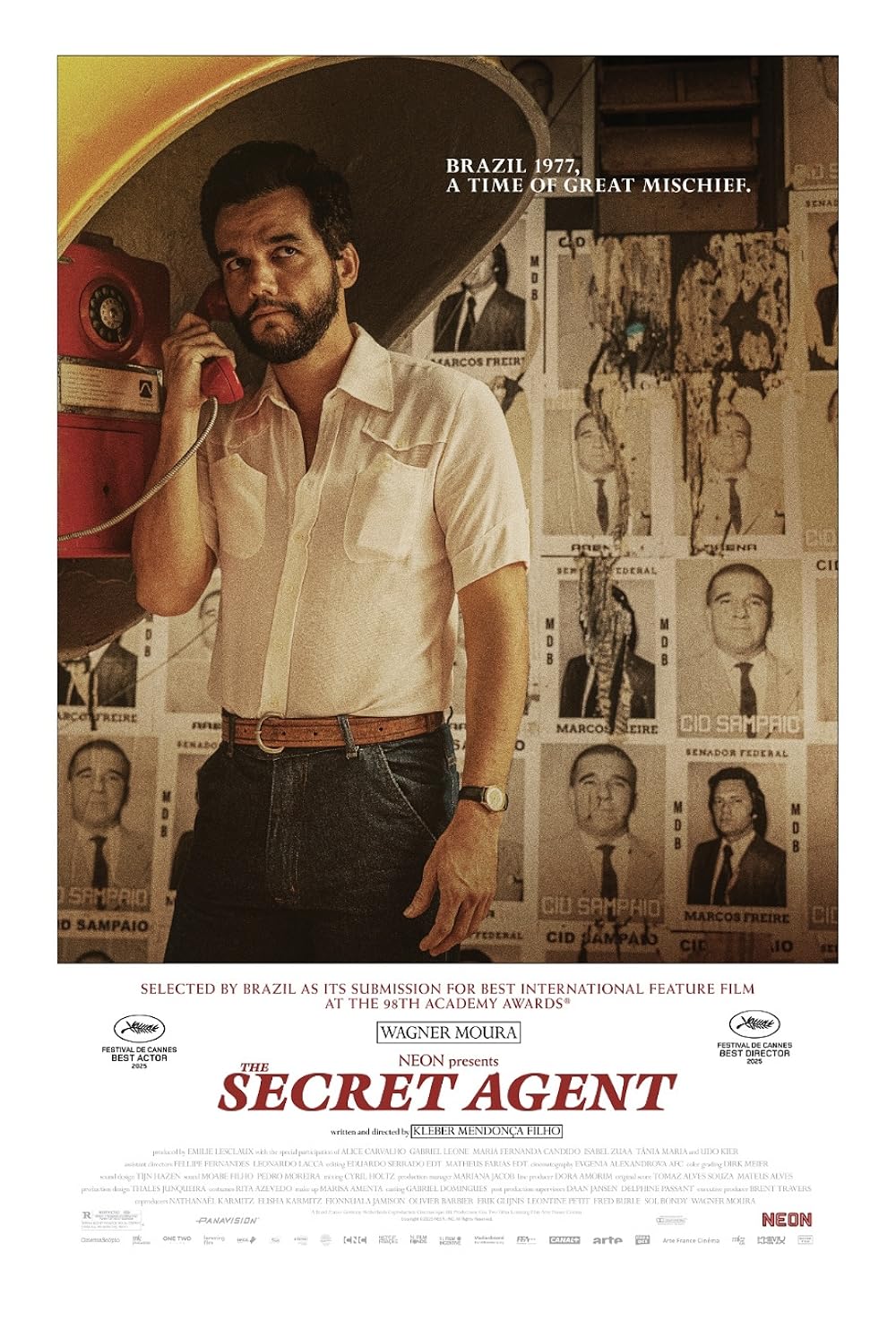 |
|
|
|
Burn After Reading
(2008)
Directed by
Joel Coen and Ethan Coen
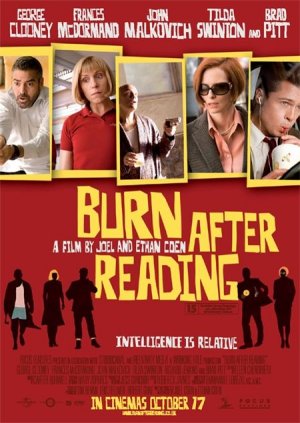
Review by
Zach Saltz
The Coen Brothers have played goofy before, and
Burn After Reading is just
about as goofy a motion picture as they have ever made.
There are some filmmakers who seem to be entirely unable to grasp
the concept of light, fun cinema and are content only to make dreary,
grim escapades into the perverted subconscious of the soul – think the
haunted visions of David Fincher, Christopher Nolan, and even Terrence
Malick. Maybe they need
antidepressants or a hug or a good Marx Brothers film to lighten the
mood.
But the Coens, like
David Lynch (for better or for worse), are able to encapsulate their
stories’ sheer absurdity within a wholly self-aware
mise-en-scene that is
simultaneously able to invoke and satirize the well-established genre
their film unabashedly adopts.
From the opening credits (a somewhat campy Google-Earth-like
zoom-in of Earth) to its rapid-fire sequences of double-crossings and
suspicious men in top hats and walkie-talkies,
Burn After Reading
is a
spy-caper thriller in both the traditions of
The Thomas Crown Affair and
Naked Gun 33 1/3.
The plot is . . . well, the plot is merely an
excuse for a cacophony of wild and typically overexaggerated Coen
characters with eyebrow-raising names to converge on one another in
scenes that appear to, on the surface, deal very little with the main
story at hand: Linda Litzke and Chad Feldheimer (played by Frances
McDormand and Brad Pitt) are two Washington D.C. gym employees who
stumble across the top-secret CIA memoirs of disgruntled former agent
Osborne Cox (John Malkovich).
Because they are naïve and inexperienced about the world, but
only in the helplessly lovable way the characters in Fargo
were, they assume that Cox will pay vast sums of money for the retrieval
of the memoirs.
But when
Pitt shows up on his bike in a rented suit and tie (perhaps the only
time in history Brad Pitt has worn a suit and has not necessarily appear
to have arrived straight from a photo shoot for
GQ), he is shocked to find a
bitter and unresponsive Cox, who punches him in the face.
After a few reps and energy drinks, Linda and
Chad
approach the Russian embassy with the files because . . . well, because
they’ve probably seen too many movies where the Russians were the ones
most desperately scrambling to get a hold of national secrets.
Then there is George Clooney, a womanizing insider
in the Treasury department whose character probably doesn’t really need
to exist in the story, except that he provides the film’s funniest gag
(involving an ingenious concoction constructed in the reins of his own
basement) and that he kills off a major character – I will not say who
it is or the circumstances around it, but I will say that after this
certain character is unnecessarily eliminated, the film definitely loses
a considerable portion of its charm.
His
name is Harry Pfarrer, and Roger Ebert notes that while most Coen
characters have ingenious names, relatively few of them are actually
mentioned over the course of the story (one has to look carefully for
the one mention of “Pfarrer” in a very early scene; but after all, Steve
Buscemi’s character in
Fargo
usually wasn’t referred to as Carl Showalter, but the “funny-looking
guy.”)
His only ties to the
movie come with the fact that he is having an affair with Cox’s wife,
played by Tilda Swinton in a thankless role (though she has never looked
better), and later the McDormand character herself.
I love the way the Coens deal with recurring themes
with their expertly-constructed characters.
Every person here, for example, spends at least one moment over
the course of the film involved with some labor of physical activity;
these are some of the most virile and active people you will ever see,
and it borders on the preposterous when Clooney notes the inaccuracy of
a car speedometer gauging his total jogging distance.
There are also multiple instances of divorce papers being
delivered to a few select characters in very unexpected ways.
And perhaps most noteworthy is the curious inclusion of a
film-within-a-film that Linda takes both of her dates to see; the later
punchline to this fictional film is priceless.
Even when the Coens have fun, the delivery is
first-rate.
The screenplay
includes some excellent exchanges, and the performances are proficient.
McDormand’s character is the best, and here the actress has
teamed up with her mawkish husband and brother-in-law duo once again,
fashioning a similar character to Marge Gunderson (Linda Litzke has the
same sort of persistent chirpiness and humble eagerness to please as her
cinematic derivative) but unique in her conquest to become physically
perfect (“I’ve gone just about as far as this body will take me,” she
laments to the gym manager.)
In theory, the film is really only about her pursuit of gathering
enough money to pay for various beautifying and toning surgeries.
Burn After
Reading is not a great motion picture, and will not eat up at the
Academy Awards the same way
No
Country for Old Men did last year (although Javier Bardem can hardly
complain when he sees Brad Pitt’s haircut here.)
As a whole, the film is a failure because it never strives to go
beneath the surface of its comic situations involving ridiculous
espionage.
But despite its
shortcomings and frivolities, I simply cannot hide my admiration for the
film; I found the individual scenes very effective when taken by
themselves, and even though every action, sentiment, and deed was
utterly preposterous, somehow I found myself identifying with nearly all
of the characters.
They
don’t really do much here except for get paranoid, exercise, sleep with
one another, and occasionally die, but their lives fascinated me.
Indeed, I also like the fact that the Coen Brothers can make
Burn After Reading with the
intention of it being no more than a cheerful, upbeat yarn – one that
could not be any more different than their somber, contemplative
pictures, like
Country,
Miller’s Crossing, and
Blood Simple.
They’ll be back with another mind-blowing, morally nebulous epic,
but for now it is best to merely sit back and enjoy the show.
Rating:

|
|
New
Reviews |
Reactions to the Nominations
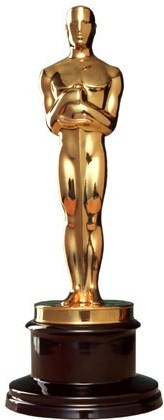
Written Article - Todd |
2026 Oscar Predictions: Final

Written Article - Todd |
Todd Most Anticipated #5

Podcast Featured Review |

Podcast Review - Todd |

Podcast Review - Terry |

Podcast Review - Zach |
10th Anniversary

Podcast Oscar Review - Terry |
Director Blindspot Watch
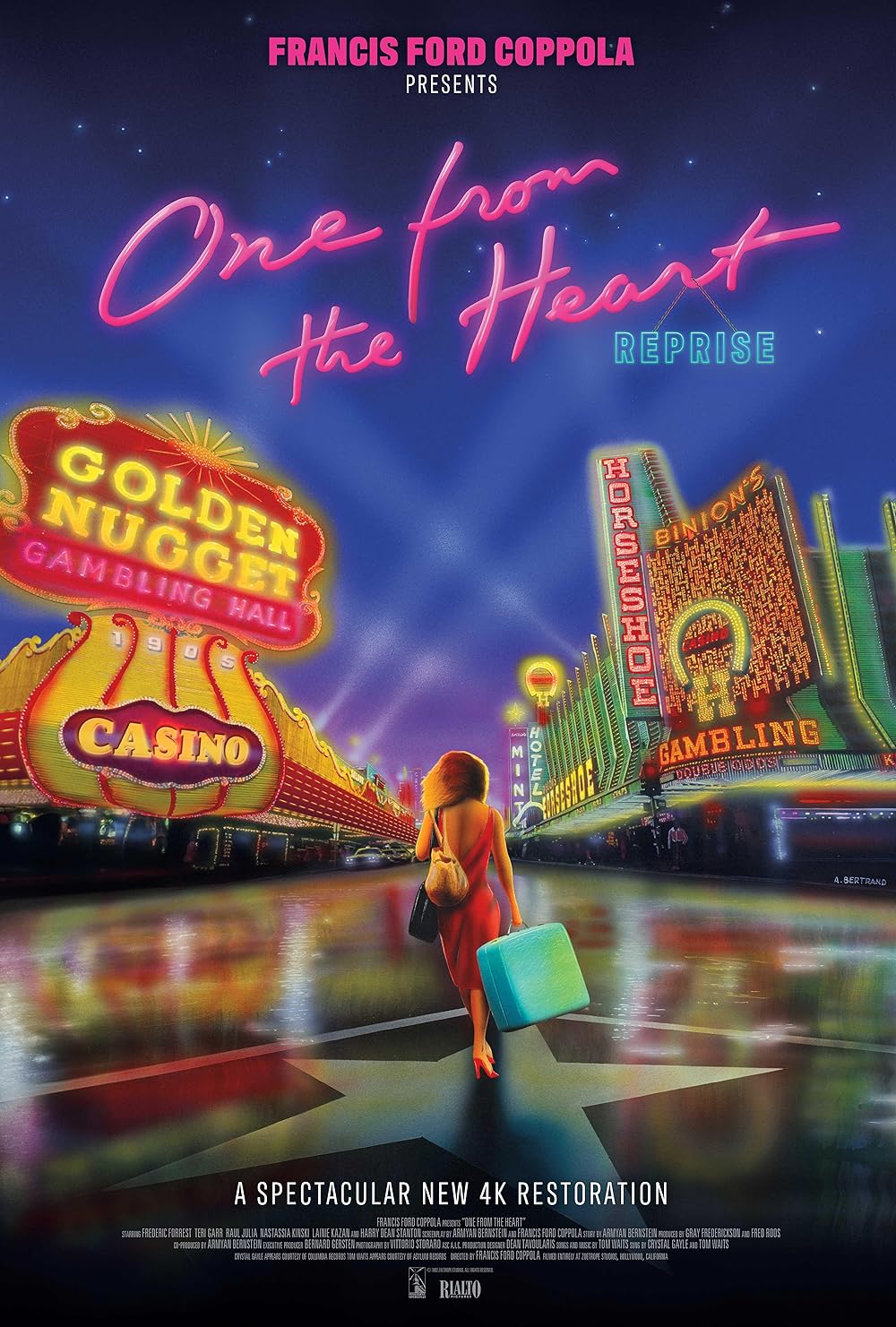
Podcast Review - Todd |
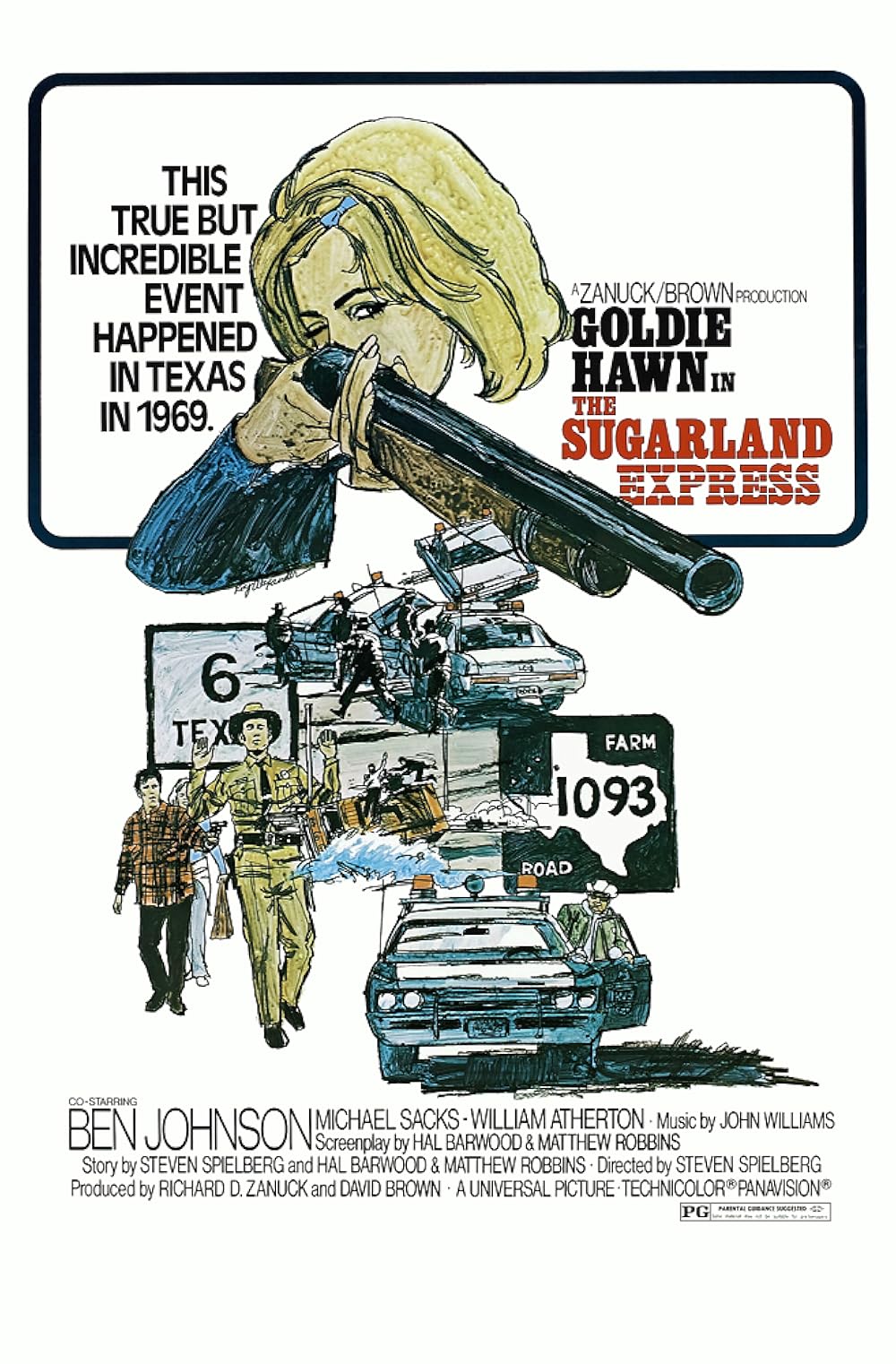
Podcast Review - Zach |
Ford Explorer Watch
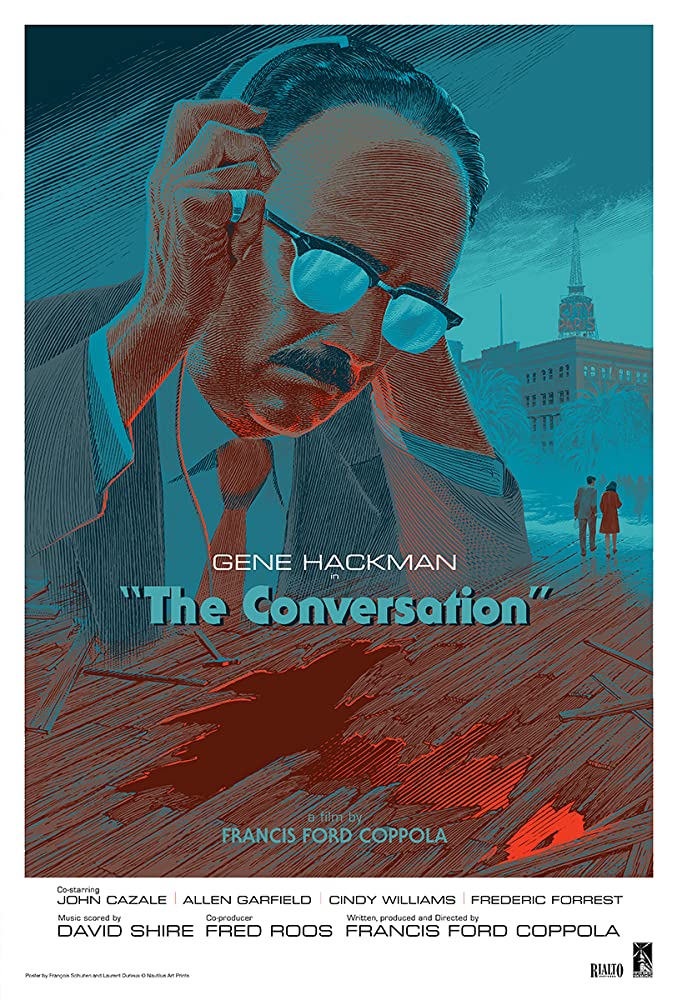
Podcast Review - Adam |
2027 Oscar Predictions: Jan.

Written Article - Todd |
Terry Most Anticipated #2

Podcast Featured Review |

Podcast Review - Terry |

Podcast Review - Zach |
20th Anniversary
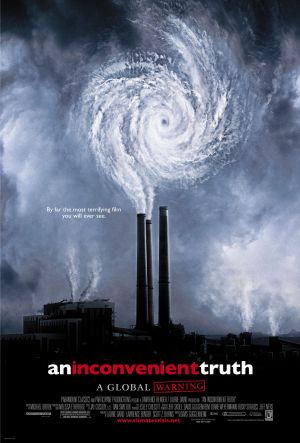
Podcast Oscar Review - Terry |
Ford Explorer Watch
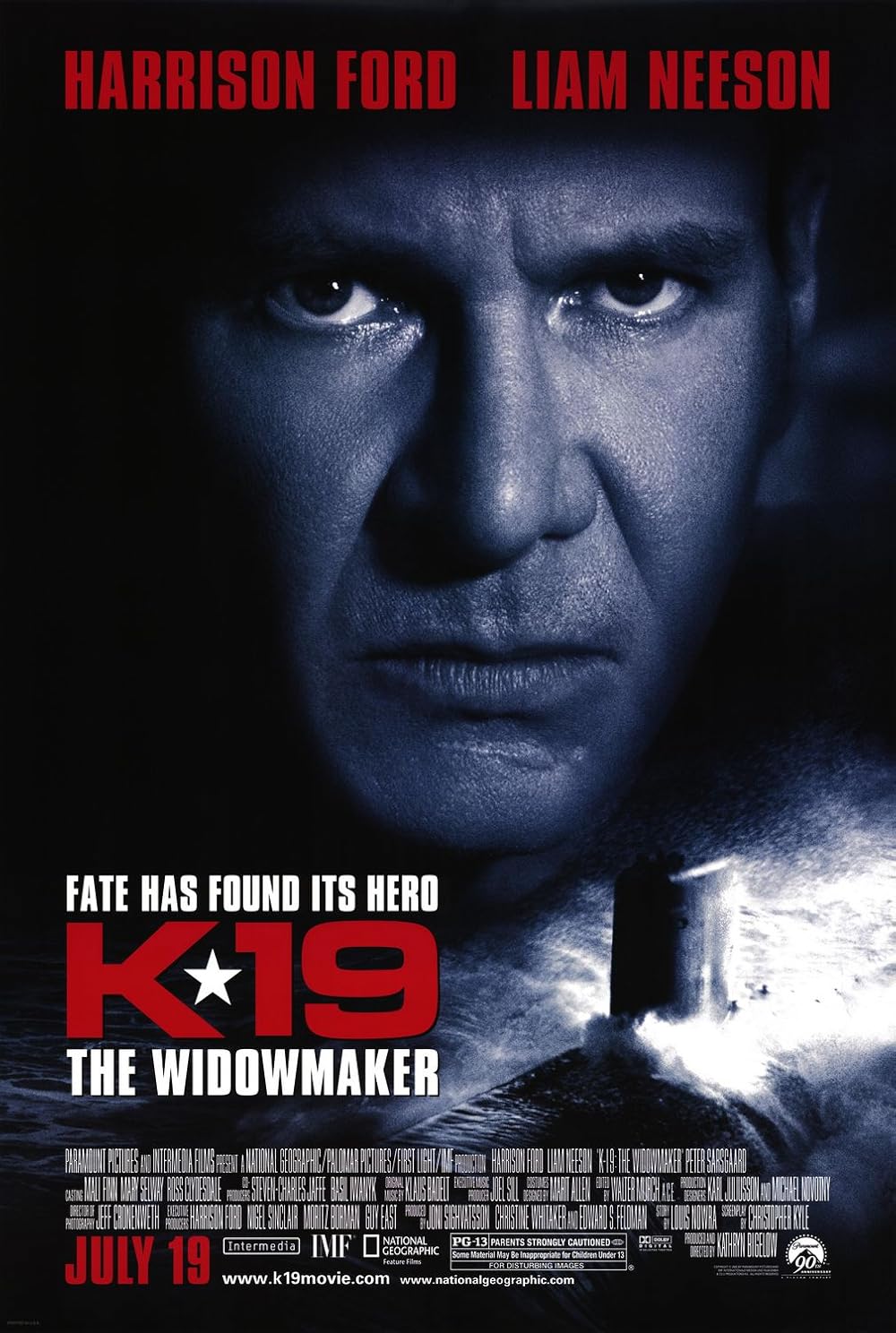
Podcast Review - Adam |
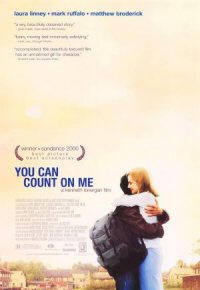
Podcast Trivia Review - Adam |
Director Blindspot Watch

Podcast Review - Todd |

Podcast Trivia Review - Todd |
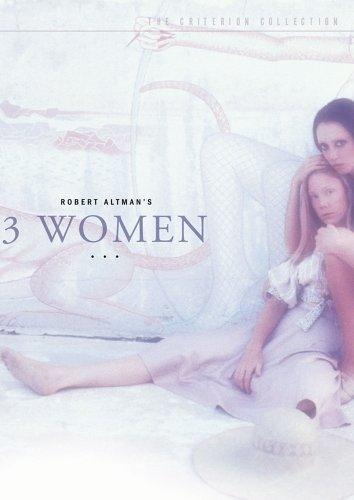
Podcast Trivia Review - Terry |
25th Anniversary

PODCAST DEEP DIVE |

Podcast Featured Review |

Podcast Review - Adam |

Podcast Review - Terry |

Podcast Review - Terry |
Indie Screener Watch

Podcast Review - Todd |
|
|
|